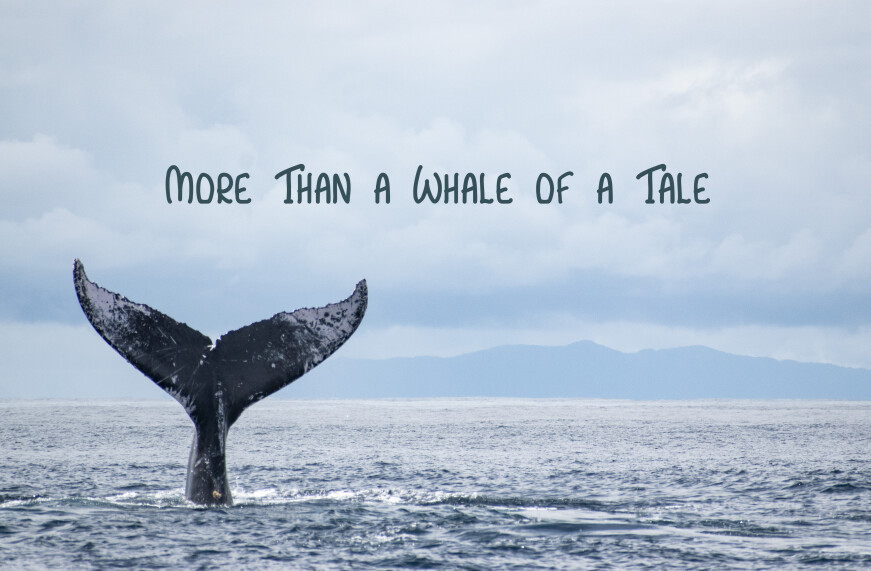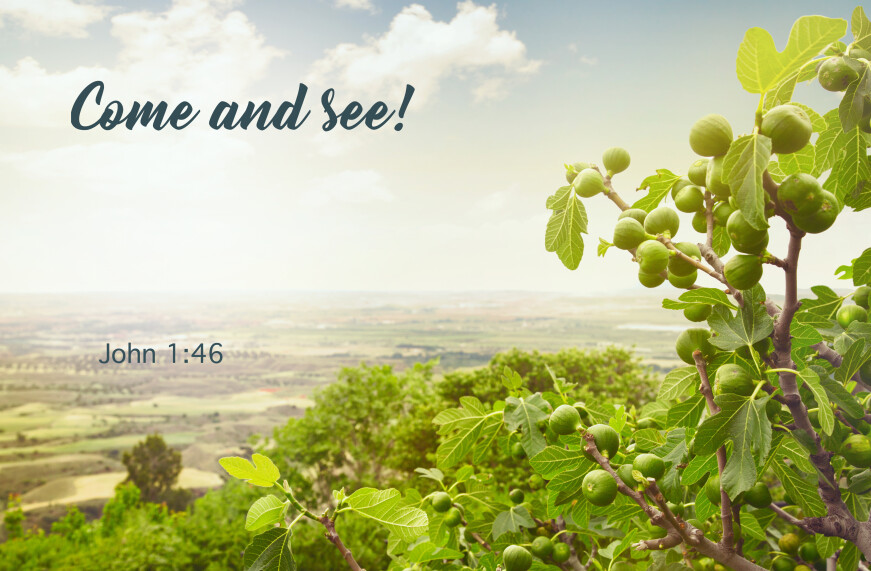Sunday, January 31, 2021

Dear St. Luke family:
This Sunday we look at the Jesus’ very first act of ministry in Mark’s Gospel. It’s a healing miracle in which Jesus restores a man possessed by an “unclean spirit” to health and community. Some people have an easy time believing in biblical miracles, while others are skeptical.
Author Brian D. McLaren ponders: What if, instead of debating whether the miracle actually happened or didn’t happen, we asked another question: What happens to us when we imagine miracles happening? Perhaps a miracle story is intended to shake up our normal assumptions and make it possible for us to see something we couldn’t see before. Perhaps the miracle that really counts isn’t the one that happened back then, but the one that could happen in us today as we reflect on the story.
Perhaps, by challenging us to consider impossible possibilities, these stories can stretch our imagination, and in so doing, can help us play a powerful role in helping God create new possibilities for our world. Doesn’t that sound rather … miraculous?
We’ll hear how after people met Jesus, they started telling wild, inspirational stories full of gritty detail, profound meaning, and audacious hope. They saw new possibilities; they imagined new life. Their faith and courage grew. They were transformed. That’s why they had to tell these stories, and that’s why we still tell them today. You may or may not believe in literal miracles, but faith still works wonders.
See you Sunday!
Grace and peace
Joanne Whitt
Interim Pastor


